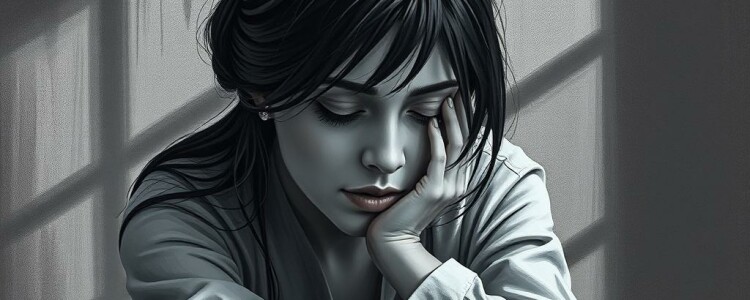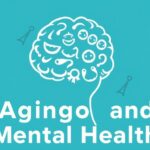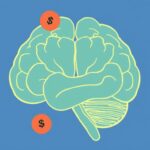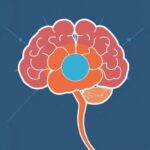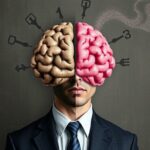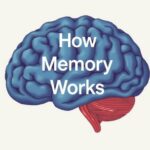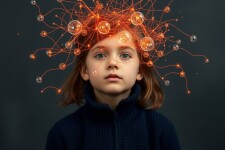Understanding What Depression Really Is
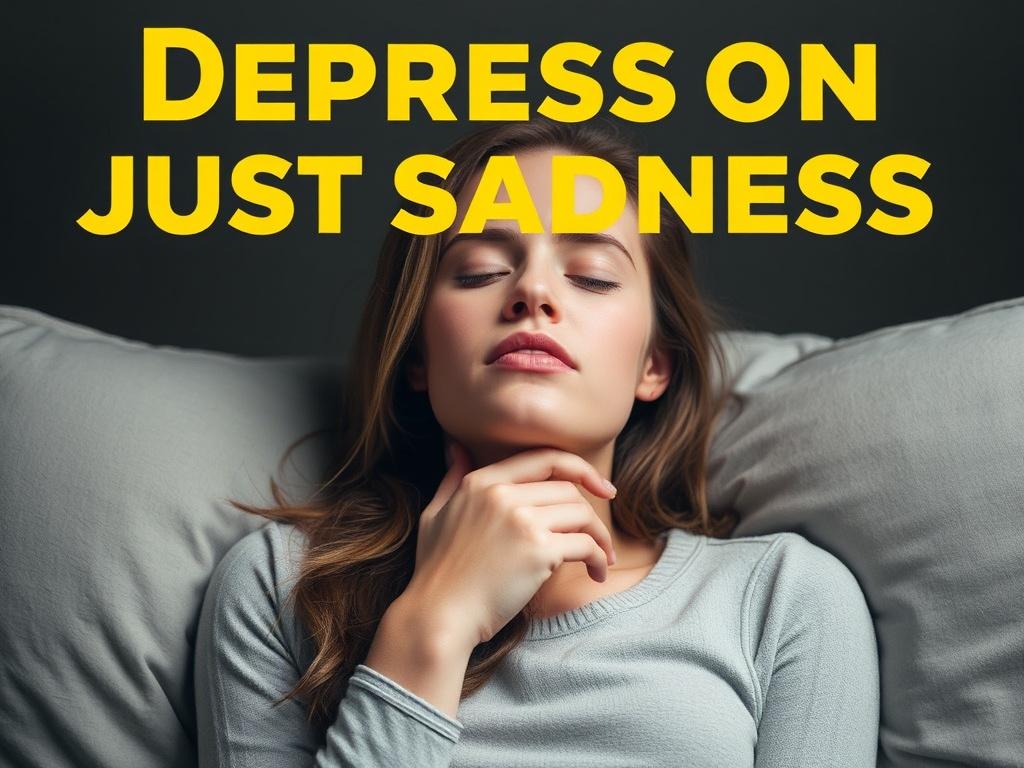
When most people hear the word “depression,” they often picture someone who is simply feeling sad or down for a while. However, depression is much more than just sadness. It is a complex mental health condition that affects millions of people worldwide, impacting not only how they feel emotionally but also their physical health, behavior, and overall quality of life. It’s important to understand that depression is not a sign of weakness or something people can “snap out of” by just trying harder. Rather, it is a serious condition that requires awareness, compassion, and often professional help.
Depression can manifest in a variety of ways, and the symptoms can range from mild to severe. It doesn’t just make someone feel unhappy; it can drain their energy, rob them of joy, distort their thinking, and even interfere with basic activities like eating, sleeping, and working. Many people with depression feel isolated, misunderstood, or ashamed, which can make seeking help even more difficult. Understanding what depression truly involves is the first step toward breaking the stigma around it and encouraging those affected to reach out for support.
Common Symptoms and Signs of Depression
Recognizing the signs of depression can sometimes be tricky because they don’t always look the same in everyone. While sadness is a common symptom, there are many other feelings and behaviors to watch for. It’s also possible to experience depression without feeling sad at all—sometimes people feel numb, empty, or disconnected instead.
Emotional Symptoms
- Persistent feelings of sadness, emptiness, or hopelessness
- Loss of interest in activities once enjoyed
- Feelings of guilt, worthlessness, or helplessness
- Difficulty concentrating, making decisions, or remembering things
- Thoughts of death or suicide
Physical Symptoms
- Changes in appetite leading to weight loss or gain
- Sleep disturbances, including insomnia or sleeping too much
- Fatigue, low energy, or feeling physically slowed down
- Unexplained aches and pains, headaches, or digestive problems
Behavioral Symptoms
- Withdrawal from social activities and friends
- Neglecting responsibilities and personal hygiene
- Increased use of alcohol or drugs
- Restlessness or irritability
Different Types of Depression
Depression isn’t a one-size-fits-all diagnosis. There are various types, each with its own unique characteristics. Understanding these types helps tailor treatment to the individual’s needs.
| Type of Depression | Description | Common Symptoms |
|---|---|---|
| Major Depressive Disorder | Characterized by persistent and intense feelings of sadness lasting at least two weeks. | Deep sadness, loss of interest, fatigue, changes in sleep and appetite, feelings of worthlessness. |
| Persistent Depressive Disorder (Dysthymia) | Chronic depression with symptoms lasting for two years or more, often less severe but long-lasting. | Low mood, low energy, low self-esteem, difficulty concentrating. |
| Seasonal Affective Disorder (SAD) | Depression that occurs at certain times of the year, usually in winter when sunlight is limited. | Fatigue, overeating, weight gain, increased sleep, social withdrawal during winter months. |
| Postpartum Depression | Depression occurring after childbirth, influenced by hormonal and emotional changes. | Severe mood swings, anxiety, difficulty bonding with baby, feelings of inadequacy. |
| Bipolar Disorder (Depressive Episodes) | A mood disorder with alternating episodes of mania and depression. | Severe depressive episodes similar to major depression, mood swings, energy changes. |
Causes and Risk Factors of Depression
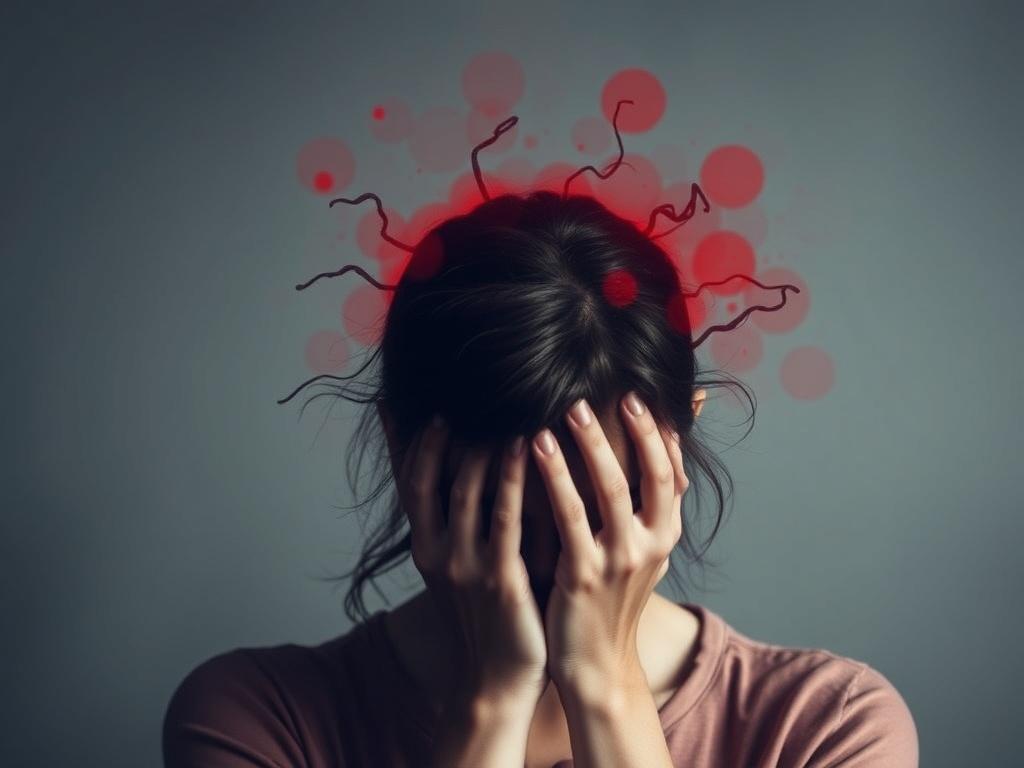
Depression is the result of a complex interplay between biological, psychological, and environmental factors. It is rarely caused by a single event or reason. Understanding these causes and risk factors can help demystify the condition and reduce stigma.
Biological Factors
Our brain chemistry plays a significant role in depression. Neurotransmitters—chemicals like serotonin and dopamine—help regulate mood, and imbalances in these chemicals can contribute to depression. Genetic predisposition also matters; having a family history of depression increases one’s risk, though it does not guarantee that illness will develop.
Psychological Factors
People who have experienced trauma, abuse, prolonged stress, or low self-esteem are more vulnerable to depression. Additionally, negative thought patterns and cognitive biases—such as persistent pessimism—can deepen depressive symptoms.
Environmental Factors
Difficult life circumstances like the loss of a loved one, financial problems, social isolation, or chronic illness can trigger or worsen depression. Often, the environment interacts with biological and psychological factors to spark an episode of depression.
How Depression Affects Daily Life
Living with depression is more than just feeling sad—it shapes how individuals experience life in profound ways. From personal relationships to work performance, the impact can be wide-ranging and sometimes devastating.
Impact on Relationships
Depression can lead to withdrawal and isolation, making it difficult to maintain social connections. The person may become irritable, less communicative, or distant, which can cause friends and family to feel confused or hurt. Loved ones may not always understand the depth of the struggle, leading to frustration on both sides.
Work and Productivity
Struggling with concentration, energy, and motivation can make it challenging to meet work or school demands. This can lead to reduced productivity, frequent absences, or even job loss, which may worsen feelings of worthlessness or despair.
Physical Health
Depression doesn’t only affect mental health—it can lead to physical issues like chronic pain, digestive problems, and sleep difficulties. It may also result in neglecting self-care or medical treatment, creating a vicious cycle that undermines overall well-being.
Effective Treatments and Coping Strategies
The good news is that depression is a treatable condition. Many people recover fully or manage their symptoms effectively with the right combination of therapies and support. Treatment should be personalized, considering the individual’s specific symptoms, type of depression, and circumstances.
Psychotherapy
Talking therapies like cognitive-behavioral therapy (CBT) and interpersonal therapy (IPT) help individuals understand and change negative thought patterns, improve coping skills, and address relationship issues. Therapy also provides validation and support in a safe environment.
Medication
Antidepressants are commonly prescribed to help balance brain chemicals and relieve symptoms. It’s important to remember that medication often takes several weeks to work and may need adjustments under medical supervision. Combining medication with psychotherapy often yields the best results.
Lifestyle Changes
Making small but meaningful lifestyle adjustments can support recovery, such as:
- Regular physical activity, which helps boost mood-regulating brain chemicals
- Healthy eating habits to support overall brain and body health
- Maintaining a regular sleep schedule
- Reducing alcohol and drug use
- Engaging in social activities, even when it feels difficult
Support Networks
Reaching out to trusted friends, family members, or support groups can provide emotional assistance and decrease feelings of isolation. Online communities and local mental health organizations often have valuable resources to connect with others going through similar experiences.
Myths and Misconceptions About Depression
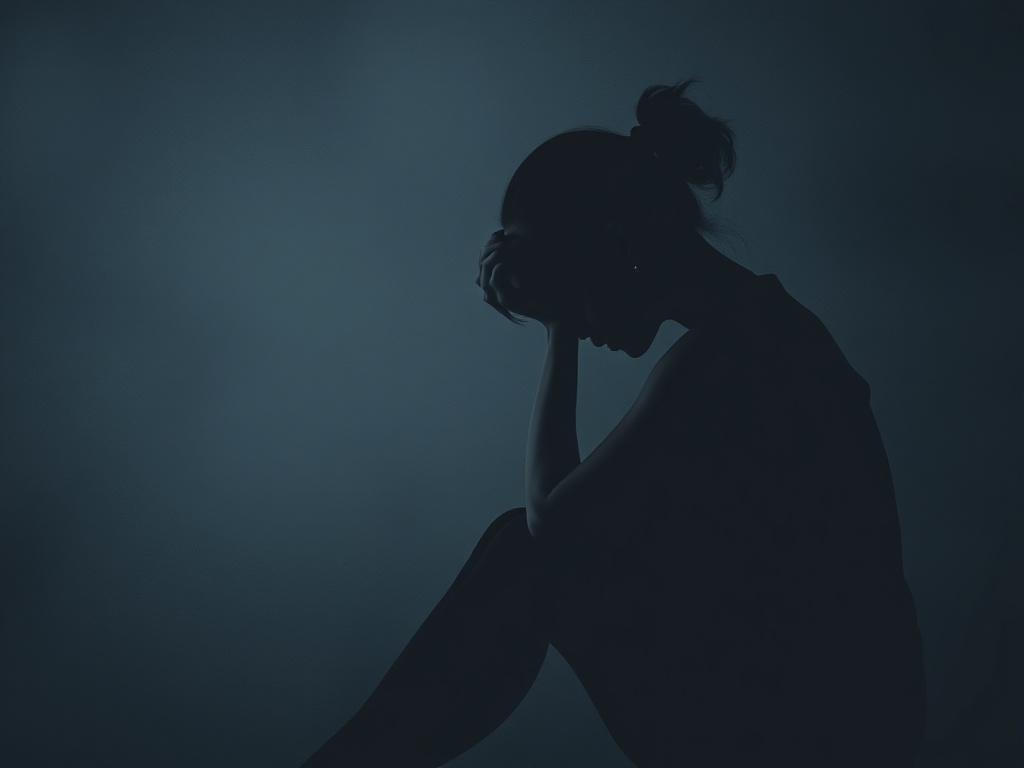
Misunderstandings about depression contribute to stigma and prevent people from seeking help. Here are some common myths, along with the truth:
| Myth | Truth |
|---|---|
| Depression is just sadness and will go away on its own. | Depression is a medical condition that often requires treatment. Without help, symptoms may persist or worsen. |
| Only weak people get depressed. | Depression can affect anyone, regardless of strength or character. It is not a sign of weakness. |
| Talking about depression makes it worse. | Discussing feelings openly can be a crucial part of healing and helps reduce stigma. |
| Antidepressants change your personality. | Medications help restore balance; they do not alter who you are. |
| Depression means you’re suicidal. | While some with depression may have suicidal thoughts, many do not, and with treatment, these thoughts can be managed. |
When to Seek Help
If you or someone you know is struggling with symptoms of depression, it’s important to reach out for help. The sooner treatment begins, the better the outcomes tend to be. Here are some signs that indicate it’s time to seek professional support:
- Persistent feelings of sadness or hopelessness lasting more than two weeks
- Withdrawal from friends, family, and activities
- Difficulty performing daily tasks or maintaining personal care
- Thoughts of self-harm or suicide
- Physical symptoms that don’t respond to medical treatment
Many mental health professionals are available via clinics, hospitals, or private practice. In urgent situations, emergency help or crisis hotlines can provide immediate support.
Conclusion
Depression is far more than just feeling sad—it is a multifaceted illness that affects every aspect of a person’s life. Recognizing that depression has emotional, physical, and behavioral components is key to understanding and supporting those who suffer from it. While the experience of depression can be overwhelming, there is hope. Effective treatments, support systems, and lifestyle changes offer pathways to recovery, helping individuals reclaim their joy and vitality. By breaking the silence and confronting myths, we can build a more compassionate world where everyone struggling with depression feels seen, heard, and valued. If you or someone you know is battling depression, remember that help is available and that you don’t have to face it alone.

